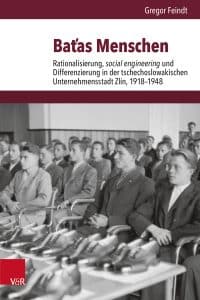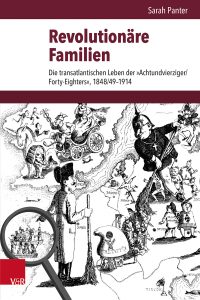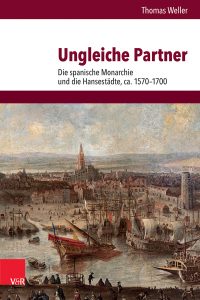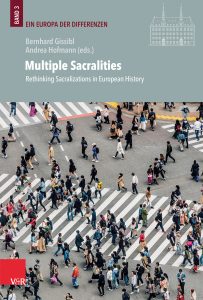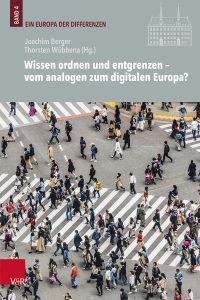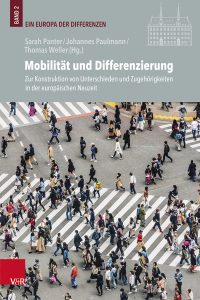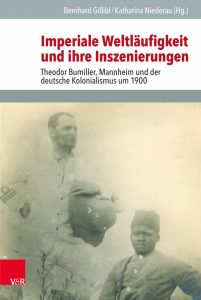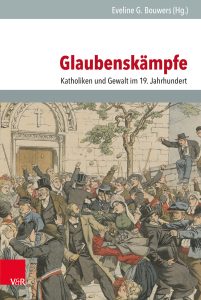Research group “Society”
Differentiation – Mobility – Conviviality
The ‘Society’ research area examines European history from the perspective of human coexistence. It investigates changes, continuities and ruptures in social ideas, practices and orders over a period of more than five hundred years, from the early modern period to contemporary history. In doing so, it takes a comparative look at historical variants of coexistence in different parts of Europe and examines the transfer between them. Particular attention is paid to European relations with other regions of the world, which have always had an impact on European conditions. The cultural-historical approach encompasses all dimensions of human and group coexistence (social, political, legal, ecological-economic, cultural, etc.) and thus ties in with the field of ‘Religion’.

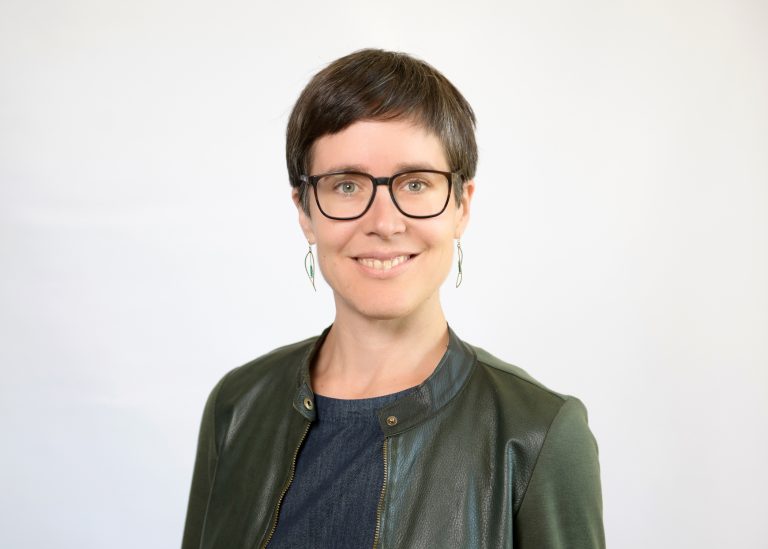
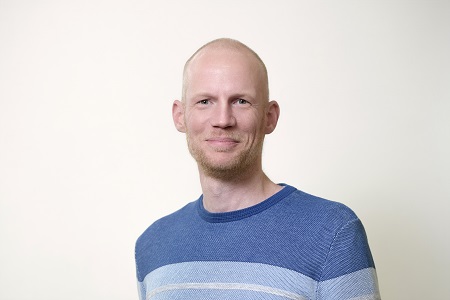

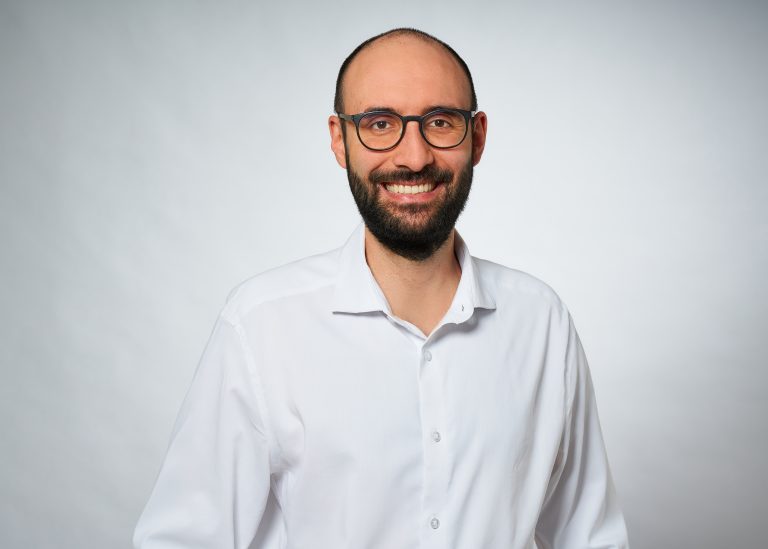


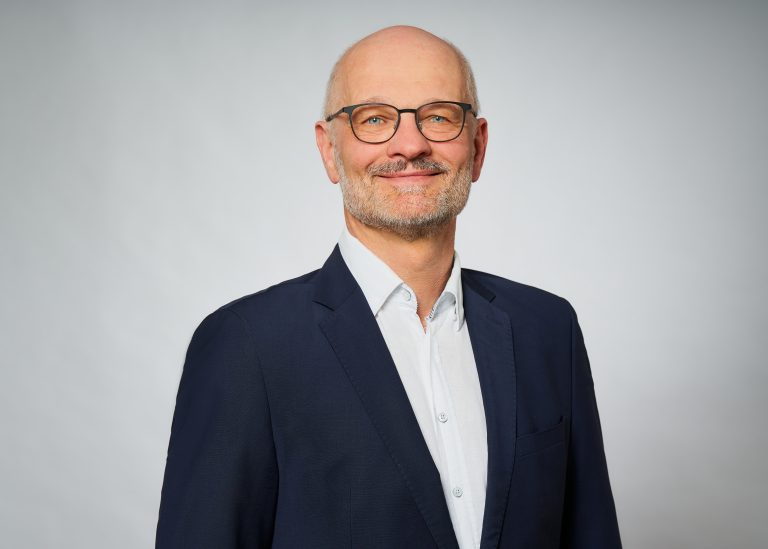
.jpg)



